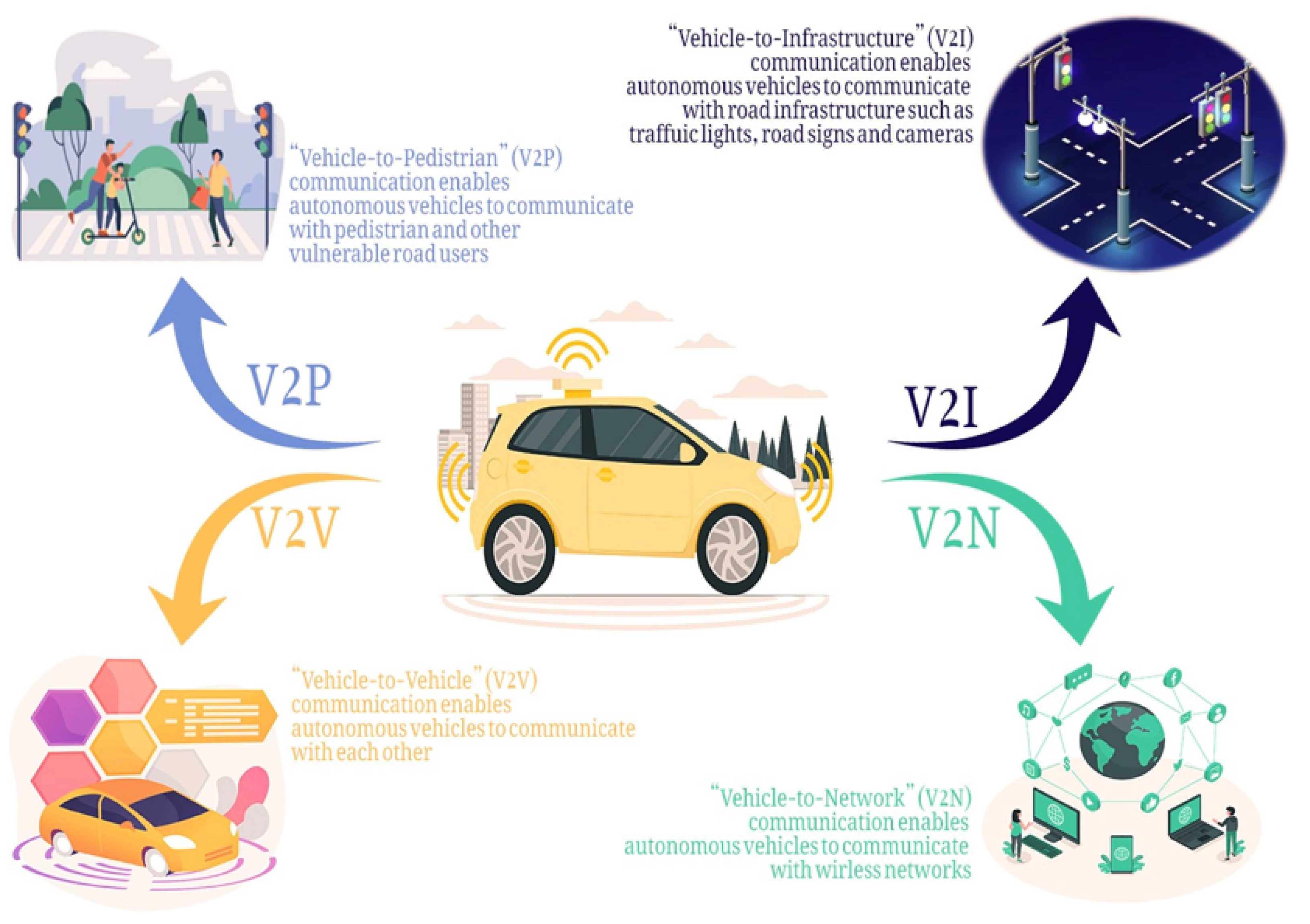Darsazma News Hub
Your go-to source for the latest news and insightful information.
The Road Ahead: Why Your Next Car Might Be a Robot
Discover why your next car could be a robot! Explore the future of driving and the tech that's changing the way we hit the road.
The Future of Mobility: Understanding the Rise of Robotic Cars
The automotive landscape is rapidly transforming, driven by advancements in technology and increasing consumer demand for safer and more efficient transportation. Robotic cars, also known as autonomous vehicles, are at the forefront of this evolution. With the implementation of sophisticated sensors, artificial intelligence, and machine learning algorithms, these vehicles are designed to navigate and operate without human intervention. As cities become more congested and environmental concerns grow, the adoption of robotic cars presents a viable solution to address traffic challenges and reduce carbon emissions.
Looking ahead, the rise of robotic cars will not only impact personal transportation but also reshape entire industries. From ride-sharing services to logistics and delivery, the applications of autonomous technology are vast. Consider the following implications:
- Improved Safety: With advanced algorithms aiming to minimize human error, the potential for accidents could significantly decrease.
- Increased Accessibility: Robotic cars can provide mobility solutions for individuals who are unable to drive.
- Urban Planning: Cities may redesign infrastructure to accommodate these vehicles, leading to more efficient urban spaces.
Ultimately, as we embrace this new era of mobility, understanding the underlying technology and societal changes will be critical for harnessing the full potential of robotic cars.

Are Autonomous Vehicles the Key to Safer Roads?
As urban populations grow and traffic congestion intensifies, the question of road safety becomes increasingly pressing. Autonomous vehicles (AVs) have emerged as a potential solution to reducing roadway accidents, which are often caused by human error. With advanced technologies such as artificial intelligence and real-time data processing, these vehicles can react more quickly than human drivers, potentially decreasing the number of collisions. Moreover, studies suggest that AVs could significantly lower instances of DUI-related accidents, thereby enhancing overall road safety.
However, the transition to a world dominated by autonomous vehicles is not without challenges. Concerns about technology reliability, cybersecurity, and legal ramifications must be addressed to ensure public trust. Furthermore, a mixed environment, where both autonomous and human-driven vehicles share the same roads, raises questions about interaction and safety protocols. Ultimately, while autonomous vehicles hold promise for creating safer roads, careful implementation and regulatory measures will be key in realizing this vision.
How AI-Powered Cars are Transforming Our Daily Commute
The advent of AI-powered cars is revolutionizing the way we approach our daily commute. With advanced algorithms and machine learning capabilities, these vehicles are engineered to enhance safety, efficiency, and convenience. For instance, features like adaptive cruise control and lane-keeping assist significantly reduce the cognitive load on drivers, allowing them to focus on the road while the vehicle takes care of the tedious aspects of driving. Additionally, AI systems can analyze real-time traffic data, enabling cars to optimize routes and avoid congested areas, which translates to shorter travel times and reduced stress on daily commutes.
Moreover, the integration of AI in vehicles promotes a more sustainable future. Autonomous driving technology is reducing carbon emissions as cars become capable of driving in a more energy-efficient manner. A survey found that AI-powered cars could lower fuel consumption by an average of 15% through optimized driving patterns. As manufacturers invest in electric AI vehicles, the potential for a greener commute becomes more achievable, leading us towards a cleaner environment while enhancing our overall commuting experience.